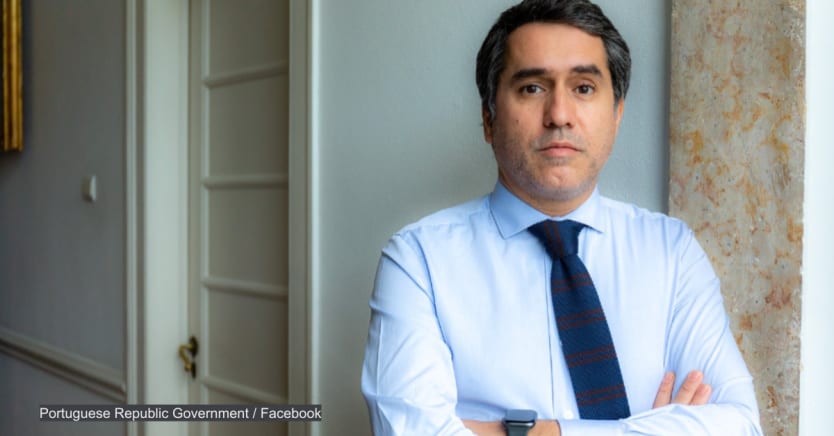
In supporting Africa’s transition to clean energy, Europe should prioritize dialogue over trying to impose public policies, Portugal’s top representative on development said Thursday.
Reacting to a new coalition of seven other European states aimed at ending export finance for all fossil fuels, including gas and oil, Francisco André, secretary of state for foreign affairs and cooperation, told Devex, “We need always to keep in mind that in our dialogue with our African partners, we can pass the message of our concerns, but we shouldn’t impose public policy decisions.”
He said that “there is that tendency in some of our European partners,” adding that this rarely produces the desired results.
André was speaking ahead of Friday’s High-Level EU-Africa Green Investment Forum, which will focus on off-grid and commercial renewable energy, digitalization, access to finance and health. By contrast, African Development Bank President Akinwumi Adesina said in November that the keys to Africa’s recovery from COVID-19 were infrastructure, closing the energy gap, mobilizing capital, and job creation.
Asked whether the forum, co-hosted with the European Investment Bank, reflected European rather than African priorities, André cited the results of more than two dozen Green Talks workshops organized by Portugal in recent weeks, involving over 5,000 people from government, civil society, and the private sector on both continents.
“Of course, infrastructure is always a big concern for our African partners, but questions on health and on green transition were always present [in the Green Talks],” he said.
AfDB Adesina's road map for rebooting African economies
As economies struggle with the fallout of the pandemic, African Development Bank President Akinwumi Adesina lays out the four priority areas African nations should focus on.
The Export Finance for Future coalition of Denmark, France, Germany, the Netherlands, Spain, Sweden, and the United Kingdom has come under fire from all sides since its April 14 launch. NGOs say it does not go far enough, while Vijaya Ramachandran, director for energy and development at the Breakthrough Institute, wrote that natural gas, though a fossil fuel, could still do much to lift communities out of poverty in some African countries, including Mozambique and Angola.
André said that natural gas required a “balanced approach.”
“We know that gas can also be a transition measure towards our objectives. It’s not the perfect solution but it will help us and it will enable us to move forward on the green transition,” he said. “More than issuing sometimes these strong lines when it comes to our African partners, it’s more important to maintain and keep this dialogue with them. It has, sometimes, more positive effects.”








